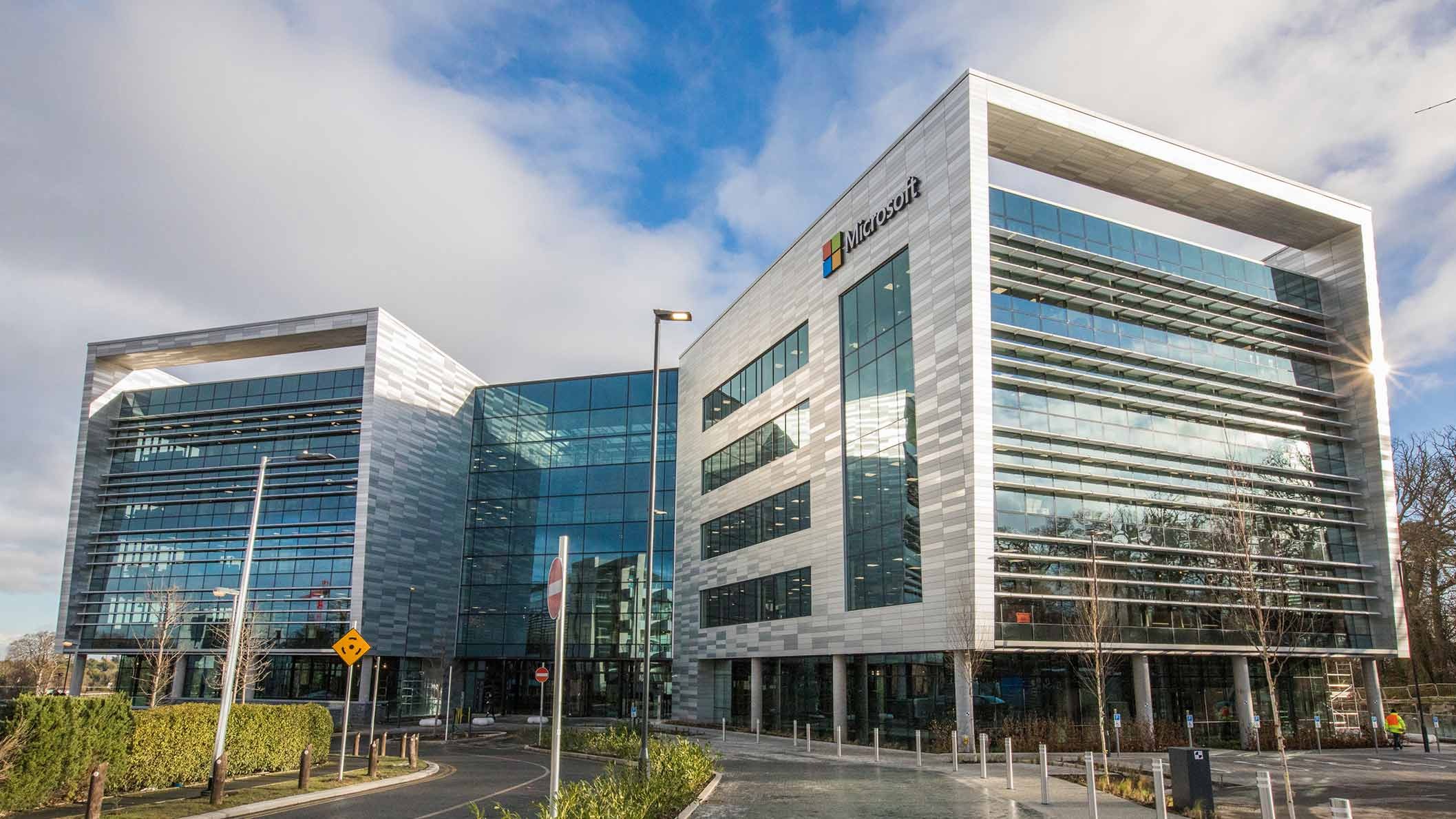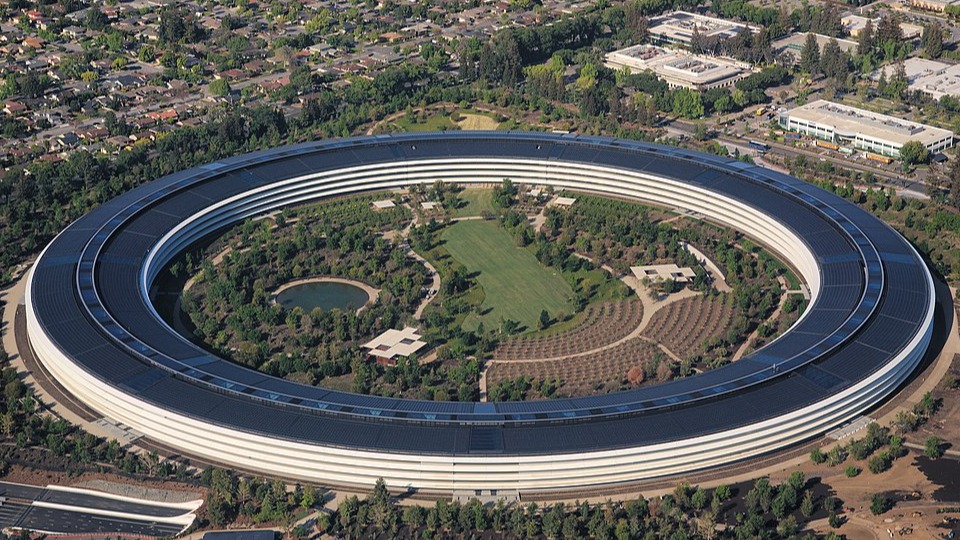After years of speculation, Apple has reportedly cancelled work on its planned electric car.
According to a report from Bloomberg, the 2,000 staff working on the project were informed on Tuesday. Citing internal sources, the report notes that many staff were surprised to see the project overseen by Kevin Lynch shelved.
The decade-long effort was one of the most ambitious plans in the iPhone maker’s history, but the decision was made in a memo sent by Lynch and chief operating officer Jeff Williams.
The report adds that several staff will be moved to Apple’s AI unit, with the company falling behind the likes of Microsoft and Alphabet’s Google in the race to conquer this burgeoning market.
The Apple car project, internally referred to as Project Titan, was launched around a decade ago at a time when Big Tech firms were becoming increasingly interested in self-driving cars. A Reuters report from 2020 said that the company was aiming for a launch in 2024 or 2025, but radical changes in the design of the vehicle, combined with a revamp of its software approach led the effort to stall.
More recently, high interest rates and lower consumer spending power have led to a slowdown in demand for expensive electric vehicles, while high-profile incidents involving self-driving cars have led regulators around the world to increase scrutiny of their safety and viability.
Latest News
-
Starling Bank turns to software sales to fuel US expansion
-
Snapchat bans 415,000 under-16 accounts in Australia
-
IGD calls on retailers to 'act now' before agentic AI rewrites how people shop
-
Capgemini to divest US unit following pressure over ICE contracts
-
Amazon considers largest contribution to OpenAI's $100bn fundraising round
-
Google agrees to pay $135m over Android data collection claims
The future-ready CFO: Driving strategic growth and innovation
This National Technology News webinar sponsored by Sage will explore how CFOs can leverage their unique blend of financial acumen, technological savvy, and strategic mindset to foster cross-functional collaboration and shape overall company direction. Attendees will gain insights into breaking down operational silos, aligning goals across departments like IT, operations, HR, and marketing, and utilising technology to enable real-time data sharing and visibility.
The corporate roadmap to payment excellence: Keeping pace with emerging trends to maximise growth opportunities
In today's rapidly evolving finance and accounting landscape, one of the biggest challenges organisations face is attracting and retaining top talent. As automation and AI revolutionise the profession, finance teams require new skillsets centred on analysis, collaboration, and strategic thinking to drive sustainable competitive advantage.
© 2019 Perspective Publishing Privacy & Cookies









Recent Stories